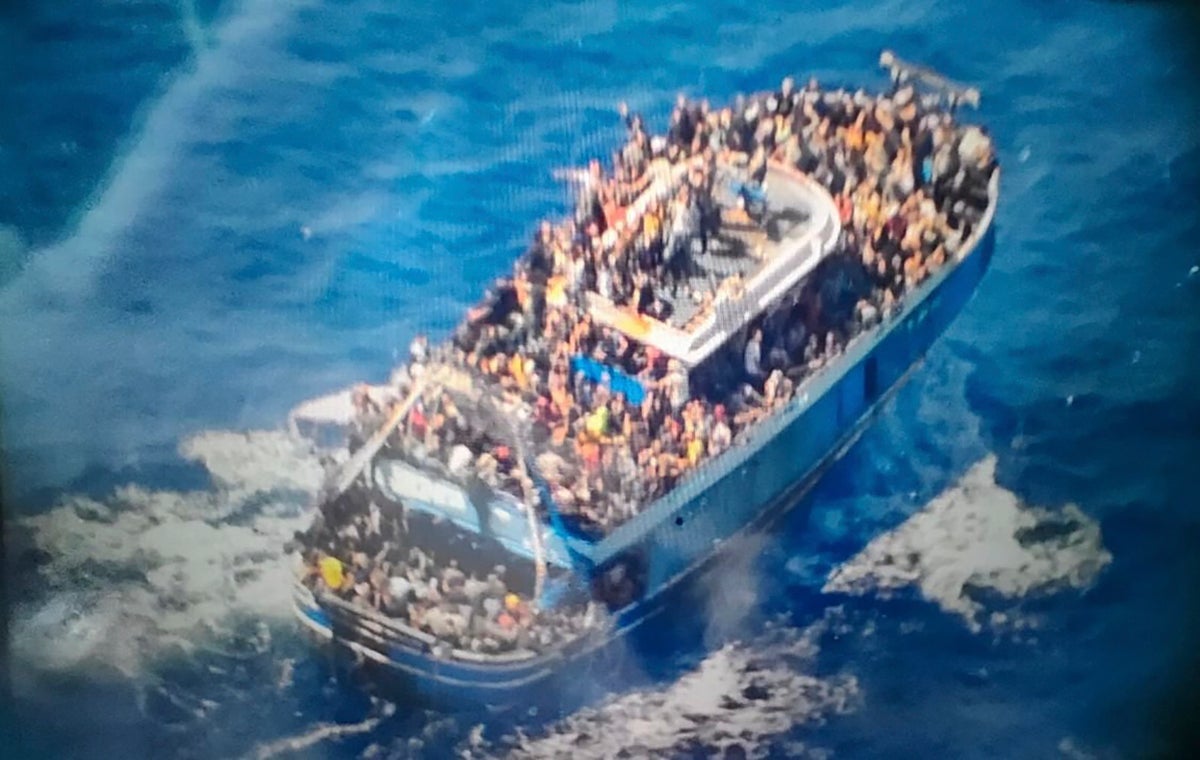
Greece's parliament on Tuesday overwhelmingly approved new legislation that will grant tens of thousands of undocumented migrants residence and work permits amid a shortage of unskilled labor.
The law drafted by the center-right government links the right to residence with proof of employment. According to the labor ministry, it will affect some 30,000 people, many of them agricultural laborers.
The United Nations migration and refugee agencies praised the new law, which applies to migrants who have been living in Greece without residence permits for at least three years up to the end of November. It will not cover later arrivals.
Lawmakers in the 300-member parliament voted 262 in favor of the law — despite grumbling from the governing New Democracy's right wing and with the backing of leftwing opposition parties.
New Democracy had threatened to expel any of its lawmakers who didn't back the measures — making a single exception for a former prime minister who had strongly criticized the bill.
Speaking after the vote, Migration Minister Dimitris Kairidis praised the cross-party consensus, saying it would help address market demand for less skilled workers. He said the government seeks to blend "strict border controls and fighting (migrant trafficking) with facilitating legal migration” according to Greece's needs.
He said the new law would not allow for illegal gain of Greek citizenship or family reunification rights, and the permits would be contingent on migrants' continued employment.
In a joint statement, the International Organization for Migration and the UNHCR described the bill as "a positive example of political will to lift the barriers that render people invisible and marginalized.”
The statement said it would benefit Greece's economy while protecting migrants from exploitation by legalizing their employment. The two agencies also hailed the provision that reduces the wait from six to two months for asylum-seekers who want to enter the Greek labor market.
Located in the European Union's southeastern corner on the Mediterranean Sea, Greece remains a key entry point for people seeking a better life in the EU. Most cross in small boats from neighboring Turkey to Greece’s eastern Aegean islands.
Despite a drastic drop in arrivals from the peak of nearly 1 million in 2015, some 45,000 people reached Greece so far this year, the highest number in four years. While many are granted legal residence as refugees, others remain illegally in the country for years, blending into the gray economy.
In June, hundreds of people are believed to have died after a battered trawler carrying up to 750 people from Libya to Italy foundered off southwestern Greece.
The Mediterranean’s deadliest shipwreck in living memory occurred on April 18, 2015, when an overcrowded fishing boat collided off Libya with a freighter trying to come to its rescue. Only 28 people survived. Forensic experts concluded that there were originally 1,100 people on board.







